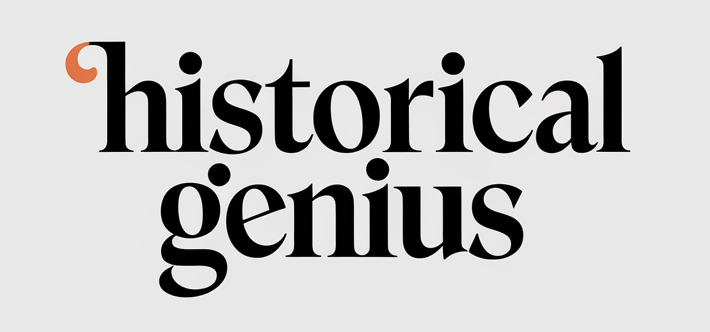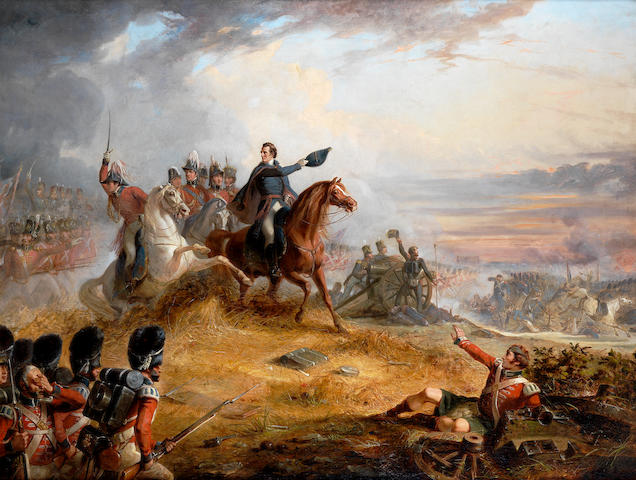Wars have reshaped borders, economies, and societies throughout history. While they bring destruction and suffering, they have also driven technological advancements, political shifts, and economic transformations. From altering global power structures to accelerating innovation, wars have left a lasting impact on the modern world. Here are 10 ways conflicts have influenced global development.
The Fall and Rise of Nations
Wars have toppled empires and given birth to new nations. The American Revolution led to the creation of the United States, World War I caused the collapse of the Ottoman and Austro-Hungarian Empires, and World War II divided Germany before uniting it again decades later. Borders are often redrawn in the aftermath of war, reshaping global power.
Military Conflicts Have Fueled Technological Innovation
Many of today’s greatest technological breakthroughs originated in wartime. The internet began as a military project, GPS was developed for navigation in war zones, and medical advancements like antibiotics and surgical techniques were driven by battlefield needs. Unfortunately, war speeds up innovation—but at a massive cost.
Economic Booms and Crashes
War drains national economies, but post-war periods often lead to economic booms. The U.S. Great Depression ended with the industrial surge of World War II, leading to decades of prosperity. Meanwhile, defeated nations often suffer devastating recessions—Germany’s hyperinflation after World War I helped set the stage for another global conflict.
The Birth of Global Organizations
Wars have pushed the world toward international cooperation. After World War I, the League of Nations formed (though it failed). After World War II, the United Nations was created to prevent future conflicts. NATO, the European Union, and other global alliances also emerged as a result of military struggles, changing international diplomacy.
Advancements in Medicine and Public Health
Wartime injuries forced major advancements in healthcare. World War I led to the development of blood transfusions and mobile X-ray units. World War II saw the mass production of penicillin and improved trauma surgery. Even modern prosthetics and rehabilitation therapies have been shaped by the need to care for wounded soldiers.
Shifts in Political Ideologies
Wars often lead to massive political shifts. The French Revolution ignited global movements for democracy, the Cold War shaped the world’s ideological divide, and the World Wars fueled decolonization movements across Africa and Asia. War accelerates political change, sometimes toppling long-standing systems overnight.
Decolonization and the End of Empires
World War II weakened European colonial powers, leading to a wave of independence movements across Africa, Asia, and the Middle East. Countries like India, Algeria, and Vietnam fought for and gained independence, proving that wars don’t just shape nations—they also free them.
Human Rights and Social Change
Wars have forced societies to confront injustices. The Civil War ended slavery in the U.S., World War II led to the Universal Declaration of Human Rights, and Vietnam War protests fueled the civil rights and anti-war movements. While war is destructive, it has often been a catalyst for greater social justice.
Environmental Destruction and Reconstruction
Modern warfare has devastated landscapes, from nuclear bombings to chemical warfare. Yet, post-war reconstruction efforts have also led to urban renewal projects, economic revitalization, and sustainability initiatives. Countries like Germany and Japan, once ravaged by war, rebuilt into economic powerhouses with cutting-edge infrastructure.
The Ongoing Arms Race and Global Tensions
Even in peacetime, the effects of war linger. The Cold War didn’t erupt into direct conflict, but it fueled an arms race that led to nuclear weapons, space exploration, and global surveillance networks. The legacy of past wars continues to shape military strategies, alliances, and geopolitical tensions today.
Wars have undeniably changed history, sometimes in devastating ways, sometimes in ways that led to progress. From shifting political landscapes to technological revolutions, war has been a double-edged sword—shaping the world we live in today, for better or worse.

